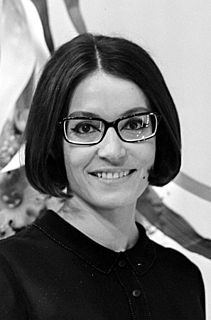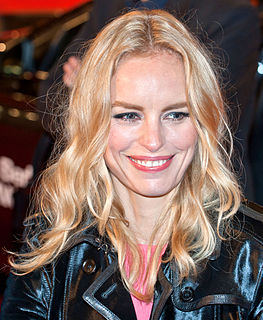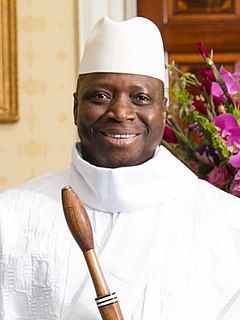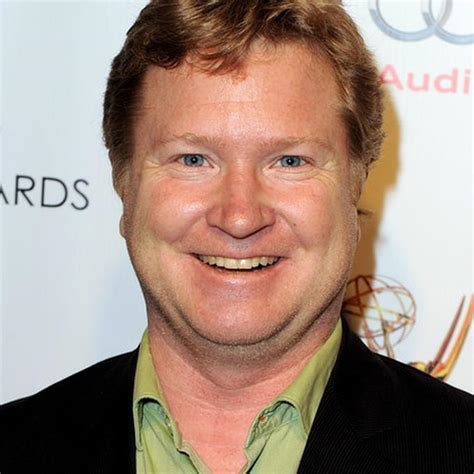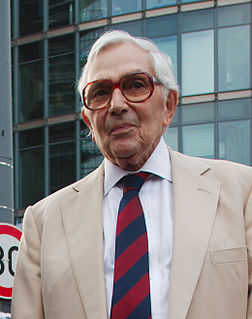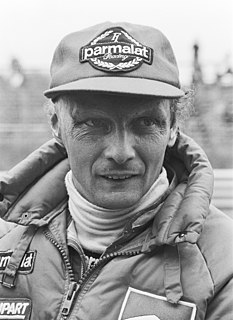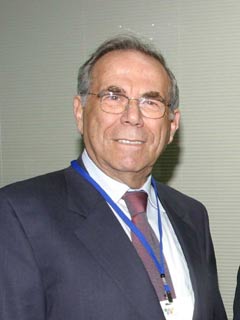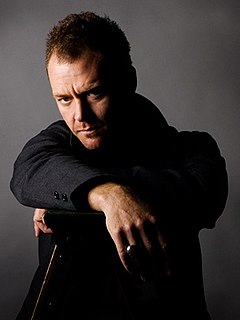A Quote by Phil Knight
I know when the Berlin wall went down and I walked into what was East Berlin and saw two big Nike banners - that gave me a chill.
Related Quotes
In 1995, I went to Berlin to acting school, which was in East Berlin. And I decided to live in the east, because I thought if I go to West Berlin, I might as well stay in Stuttgart in the West because I know all the signs, and the way we deal with each other, and I wanted to get to know the other part of Germany and how they lived and what their history was and their biography. In that period of time, I learned a lot, and it helped me a lot.
Chocolate and candy. That's what we brought in to our friends. We worked in East Berlin with other artists who were smuggled out to come work in the Western Bloc. It was extraordinary because people in East Berlin just wanted to know what was happening. Music. Fashion. The news. All of the things we get every day.



